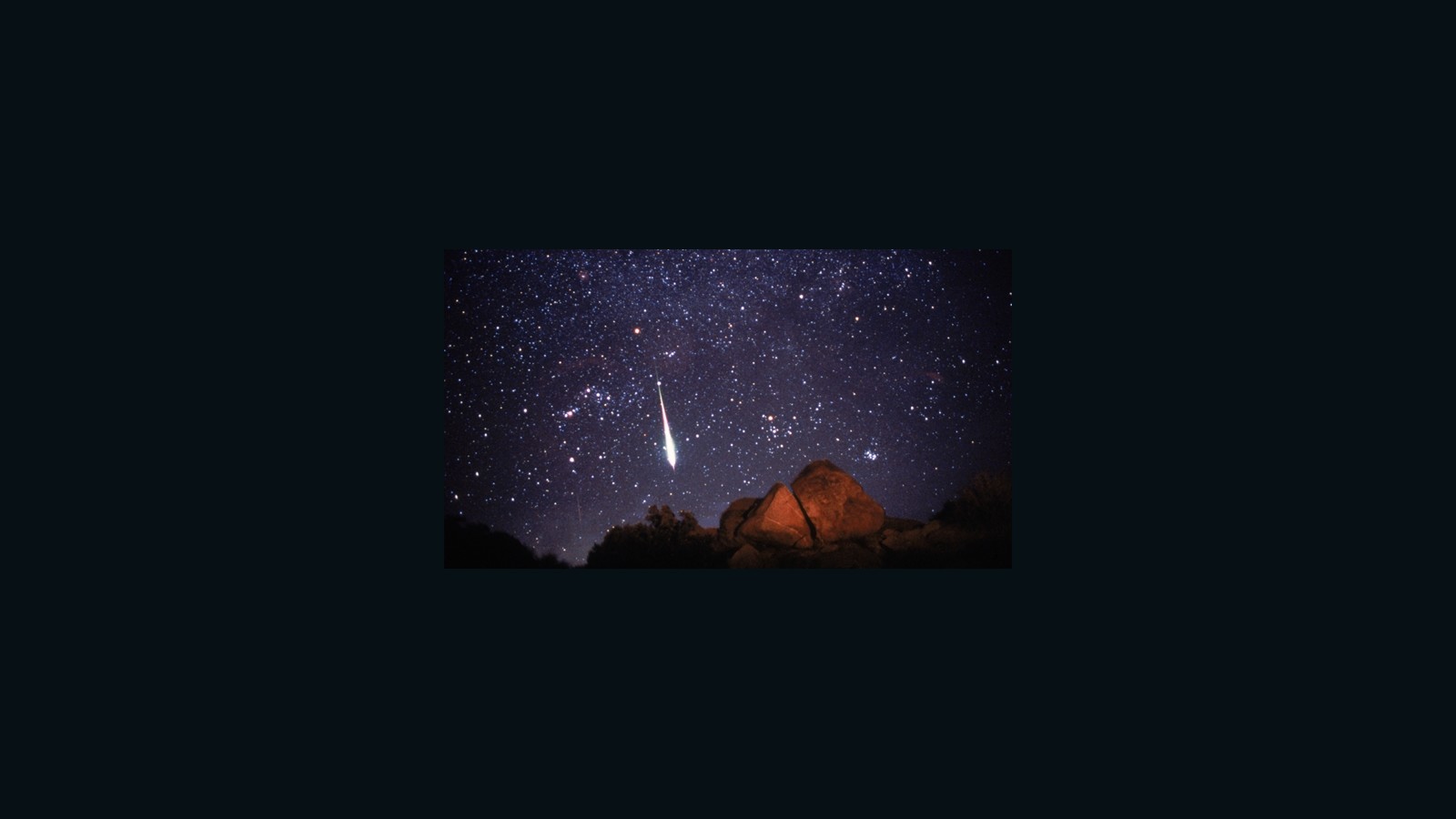
The diminutive Comet Tempel-Tuttle will cross Earth's orbit, creating a vaporizing shower of debris in the atmosphere. The comet takes 33 years to complete one orbit of the sun.
Typically, there are between 10 and 15 meteors per hour. Be sure to check online to see when it will be visible in your part of the world.
The meteor shower gets its name from the constellation Leo, the Lion, as the meteors will be coming from the stars that make up the lion's mane. But you don't need to look in the direction of the constellation, because the meteors will appear all across the sky.
The bright meteors can also be colorful, and they're fast, moving at 44 miles per second -- among the fastest meteors. Fireballs and "earthgrazer" meteors are also a hallmark of the Leonid shower. Fireballs are brighter and larger and can last longer than the average meteor, while earthgrazers appear close to the horizon with long, colorful tails.
Unfortunately, this year's shower won't produce a meteor storm, which is when you can see upward of 1,000 meteors per hour. Although such an event has been associated with the Leonid meteor shower before, the last storm event happened in 2001.
The best time to see the meteor showers will be between midnight and dawn on both mornings, wherever you are in the world. If you live in an urban area, you may want to drive to a place that isn't littered with city lights that will obstruct your view.
Find an open area with a wide view of the sky, and don't forget to bundle up. If you want to photograph the Leonid meteor shower, NASA suggests using a camera with manual focus on a tripod with a shutter release cable or built-in timer, fitted with a wide-angle lens.
Bagikan Berita Ini















0 Response to "Leonid meteor shower peaks this weekend: How to watch"
Post a Comment